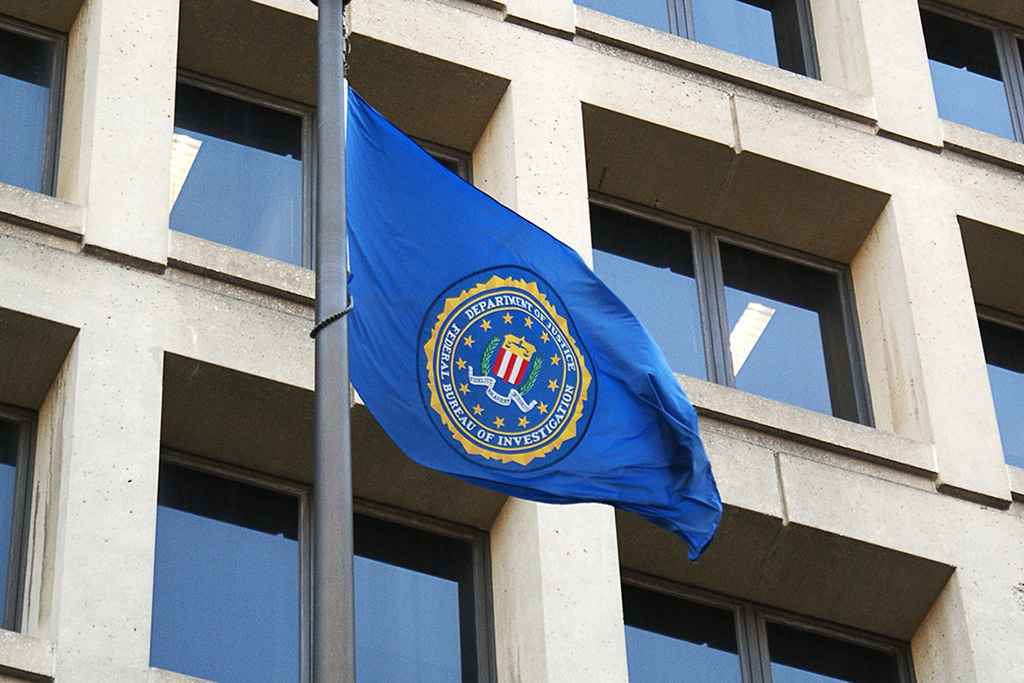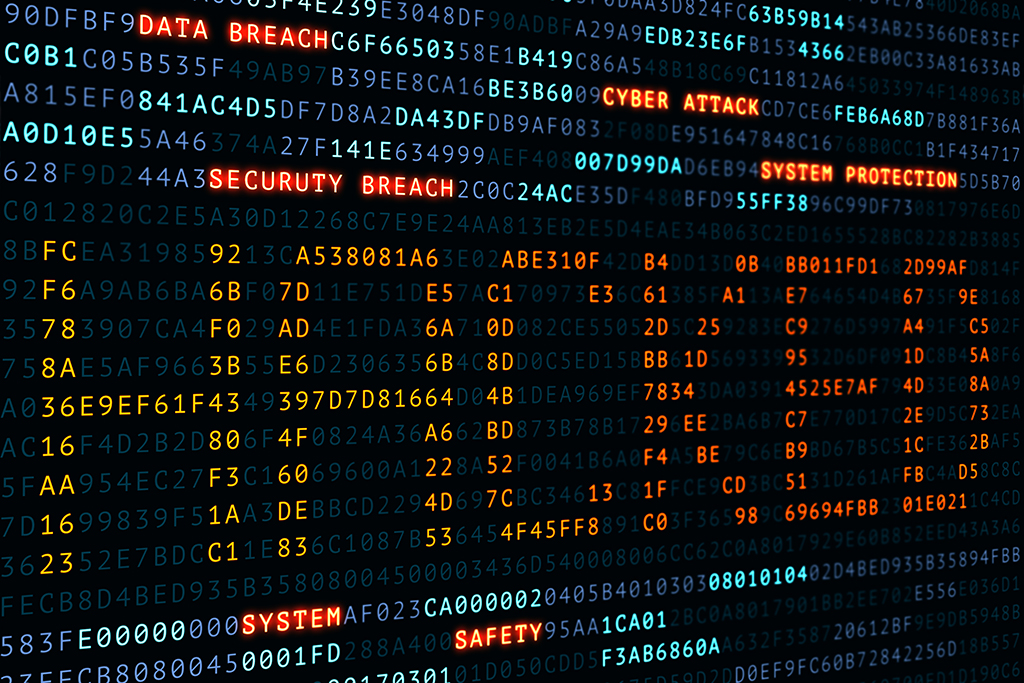
Darya is a crypto enthusiast who strongly believes in the future of blockchain. Being a hospitality professional, she is interested in finding the ways blockchain can change different industries and bring our life to a different level.
The attack of Colonial Pipeline is a good example of the necessity to better protect data. However, many agree that the FBI breaking into the crypto pockets of cybercriminals proves that using cryptos is not as risky as some may think.

The investigation of the Colonial Pipeline cyber attack that took place in May, seems to be over. The FBI has managed to recover $2.3 million in Bitcoin (BTC) that Colonial Pipeline paid to a criminal cybergroup involved in the crippling ransomware attack. According to crypto experts, the law enforcement officials conducted a breach of the criminals’ Bitcoin wallet not due to security vulnerability in the digital currency but because of their sloppy storage.
In May, Texas-based Colonial Pipeline, the US largest refined products pipeline, said that cybercriminal gang DarkSide infiltrated it. As a result of the attack, supplies have been delayed for several days, which led to fuel shortages and queues at pumps. In particular, states such as Georgia, North Carolina, and South Carolina suffered the most.
Within several hours after the attack, the company’s head Joseph Blount decided to pay the requested ransom (75 Bitcoin or $4.4 million) to the attackers. In response, they sent a software application to restore the network. However, it operated very slowly.
Notably, the FBI supported Colonial Pipeline in ransom payment. However, the bureau says that companies do not pay criminals over ransomware attacks in order to not facilitate similar crimes in the future.
On June 7, the Department of Justice announced that it had recovered 63.7 of the Bitcoins from the ransom payment. The value at that moment was $2.3 million. Besides, the FBI managed to breach the criminals’ BTC wallet. And this happened due to their sloppy storage.
FBI Deputy Director Paul Abbate said:
“Using law enforcement authority, victim funds were seized from that wallet, preventing Dark Side actors from using them.”
The FBI, however, has not revealed how exactly they did the breach.
The attack of Colonial Pipeline is a good example of the necessity to better protect data. In addition, many agree that the FBI breaking into the crypto pockets of cybercriminals proves that using cryptos is not as risky as some may think. Besides, cryptocurrencies are not an ideal tool for criminal activity at all.
Jesse Spiro, global policy chief for Chainalysis company, commented:
“Because these transnational organized crime groups facilitate these cryptocurrency payments, and because of the transparency and traceability that cryptocurrency offers, you can actually track money more effectively and potentially mitigate and stop illicit activities within this ecosystem, than you can with traditional finance and fiat currencies and payments.”
According to Mati Greenspan, a portfolio supervisor and Quantum Economics founder, it is even easier for authorities to catch criminals who use crypto than anything else.
Disclaimer: Coinspeaker is committed to providing unbiased and transparent reporting. This article aims to deliver accurate and timely information but should not be taken as financial or investment advice. Since market conditions can change rapidly, we encourage you to verify information on your own and consult with a professional before making any decisions based on this content.

Darya is a crypto enthusiast who strongly believes in the future of blockchain. Being a hospitality professional, she is interested in finding the ways blockchain can change different industries and bring our life to a different level.




